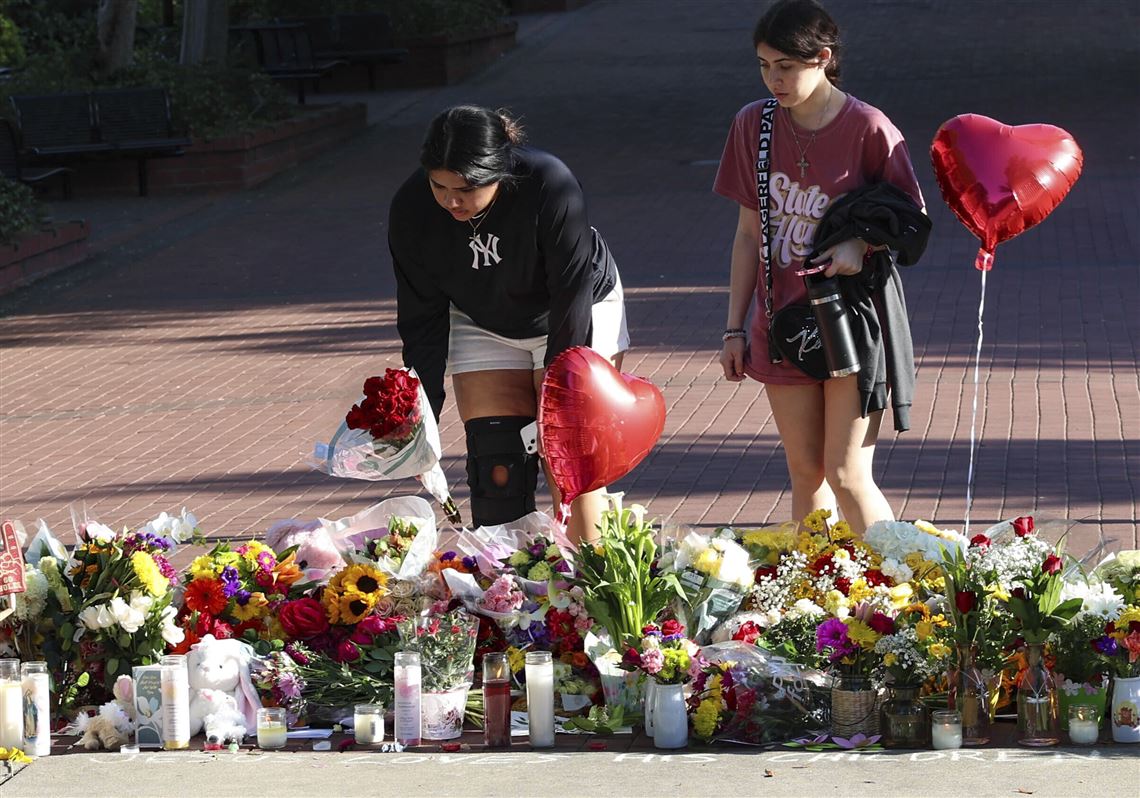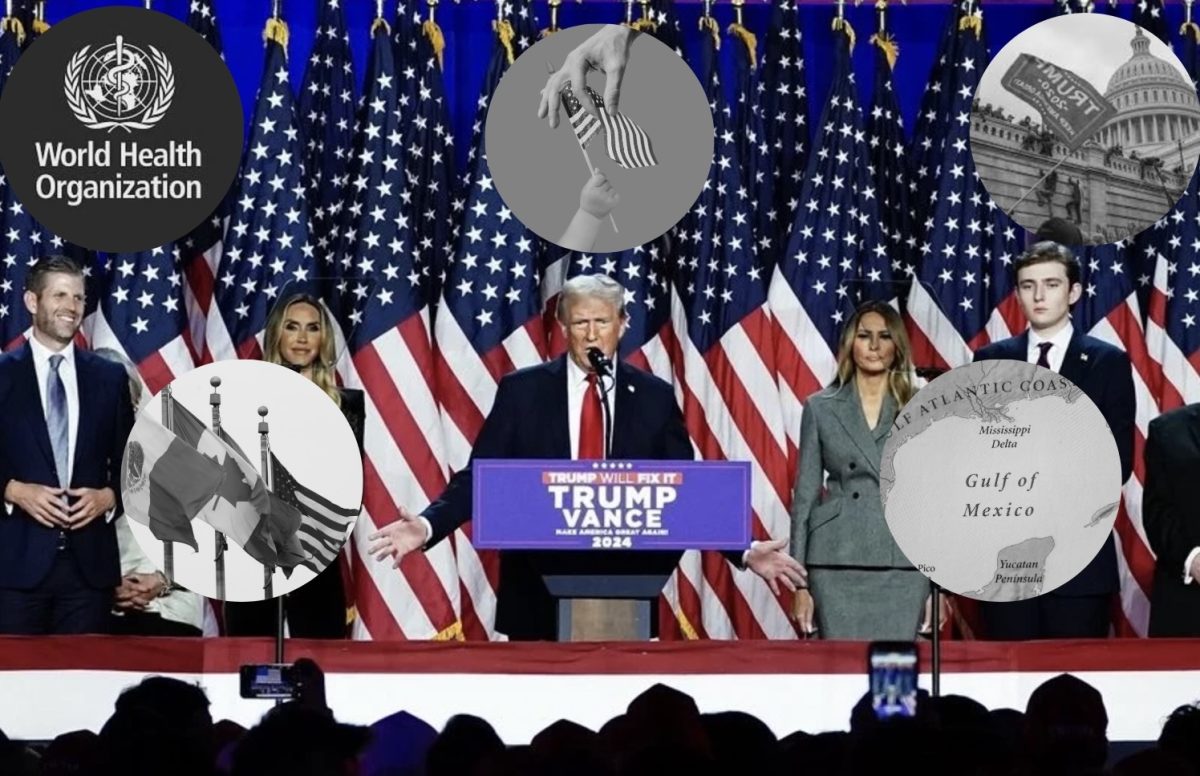2024 election race so far…
Pens scribbling against the smooth, flat paper. Chairs scraping against the slippery wooden flooring of the school gymnasium. Claps going off in the background as volunteers enter on and off the stage after giving their last speeches to try and persuade the audience who to vote for. This is what happened at the 2024 Iowa Republican Caucus on January 15. For the past few weeks, the Republican candidates had been partaking in many debates hosted by large news media networks, such as CNN and Fox Business (a subsidiary of Fox News). Throughout the unending bickering between Ron Desantis and Nikki Haley in the more recent debates, one question remained on the tips of many viewer’s tongues: Where is Trump?
Seeing his large lead in the recent polls, Trump said he saw no point in attending. Why would he anyway? Over the past year, Trump’s follower base has been growing significantly, and still is remaining continual even after being smashed with several legal issues, including the E. Jean Carroll Defamation case and his Civil Fraud trial. While Trump is leading in the polls with 64.6%, his competitors are stuck behind with Nikki Haley coming in second with 12.2% and Ron Desantis is third with 11.3%. Even without having made much of a public appearance in the recent debates, Trump has been keeping his name alive, as the polls suggest. At the end of the caucus, with more than 99% of the votes, Trump had made a landslide victory, claiming nearly 51% of the total votes, while Ron Desantis held 21% and Nikki Haley at 19%.
#Iowa results are starting to come in. Info at https://t.co/H9AhdkszE3 & https://t.co/V1lJ4QOlw7. #iacaucus pic.twitter.com/6urjwZDYyw
— 2024 Iowa Caucus (@iacaucus2024) February 2, 2016
Then came the abrupt news that Ron Desantis was dropping out of the presidential race, just days before the primary election in New Hampshire. It came as a shock to the Republican Party, but, then again, it wasn’t a surprise to many. Desantis had suffered a surprising blow when he was left defeated at the Iowa Caucus, left trailing 30% behind Trump. There had also been reports that much of the funding Desantis was allotted was spent in the beginning stages of his campaign. A super PAC, known as Never Back Down, had reportedly spent $130 million with Desantis’ campaign, with $23 million being spent on “canvassing and field operation”, $3.3 million on “media placements”, and another $3.3 million on “private airfare”. The Florida governor had also been juggling the struggle of many staffers having left his campaign trail. Seeing the expenses and struggles he was left to face, it would have been difficult to continue to try and garner more votes with all much of the dilemma he was facing within his campaign. With Desantis now officially out of the race, there are only two Republicans left, and as Nikki Haley had put it, “it’s now one fella and one lady left”. And with the news of the ending for the Floridian governor comes many more caucuses scheduled throughout the months leading up to the general election. And with the even more news circulating around the election, what really is a caucus?
Ron DeSantis drops out of 2024 presidential race, endorses Trump – The Washington Post https://t.co/gmKLTF5KAc
— Elena Lazarou (@ElenLazarou) January 21, 2024
It’s interesting to say that even after several nominations for the presidential election, many Americans still don’t understand what a “caucus” really is. It was even found that the word was believed by many to be “related to ‘Caucasian'”. In general, a caucus is where political parties will hold their own meetings in which members from different parties will try and rally up support for their political nominee before the votes are taken in on that same day. These caucuses for the republican nomination are what essentially help candidates to “convince their party before they are nominated and put on the ballot.”
So far, the republican primary in Nevada is scheduled to occur on February 6, and the republican caucus in the same state is also set to occur on February 8. With many more caucuses and primaries coming in the later months, there is an intense battle between the two nominees. The likely winner in this nomination is still unclear, but both competitors have been keeping silent on their ends, with Trump appealing back to federal courts for “absolute immunity” and Nikki Haley guarding her defense team after being recently subjected to many threats. With the caucus set in Nevada, Nikki Haley is expected to win the Republican primary but there are some underlying concerns with this victory. This is largely due to another Republican caucus being held on Thursday, within the same state. Both Donald Trump and Nikki Haley will be on separate ballots, only allowing voters to select Haley in the Tuesday primary race and only Donald Trump in the Thursday caucus. Confusion is left with voters as the race remains close between the two, as either of the nominees may win the state of Nevada.








